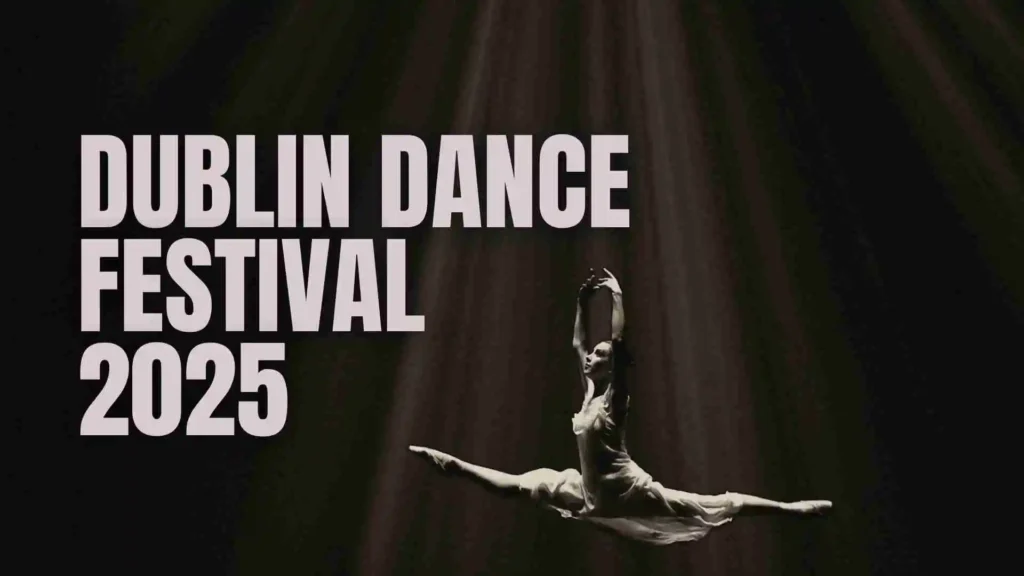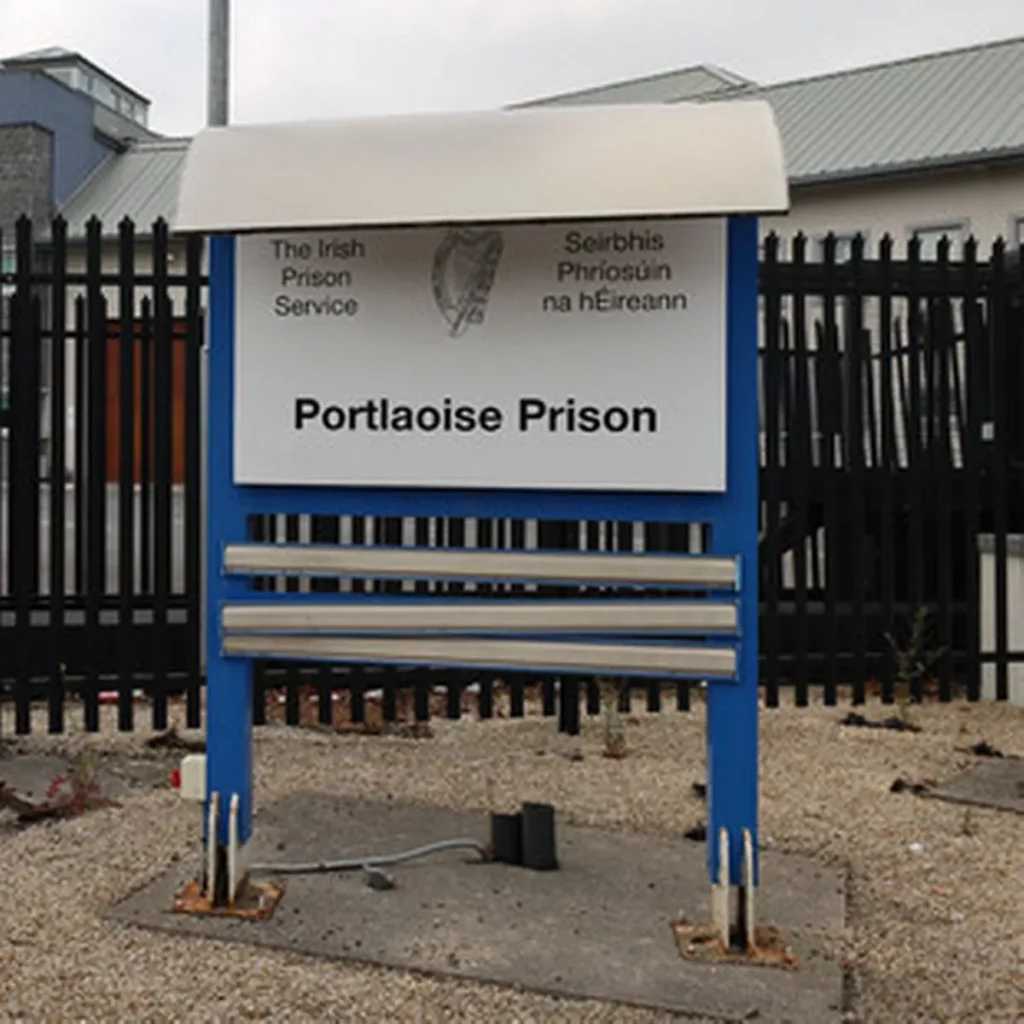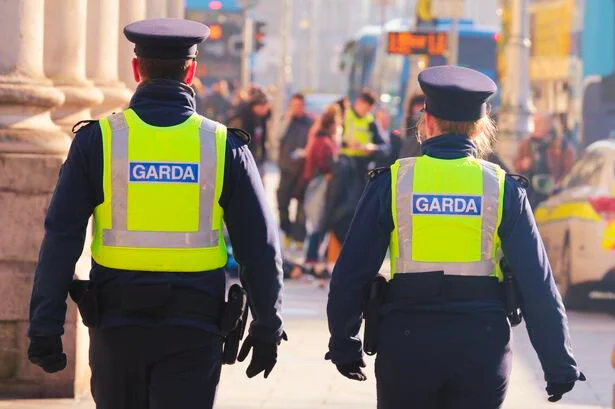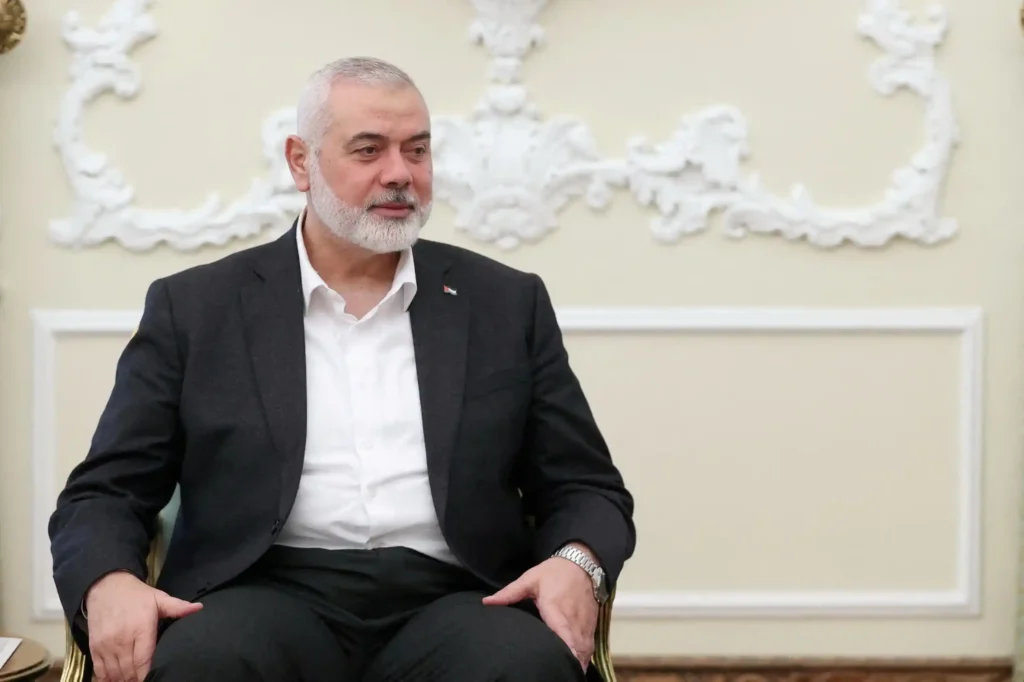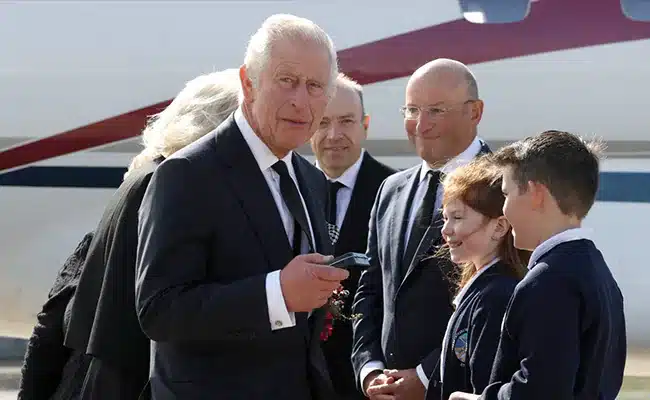UNRWA Warns of Reaching Close To A ‘Breaking Point’ As Gaza Crisis Deepens
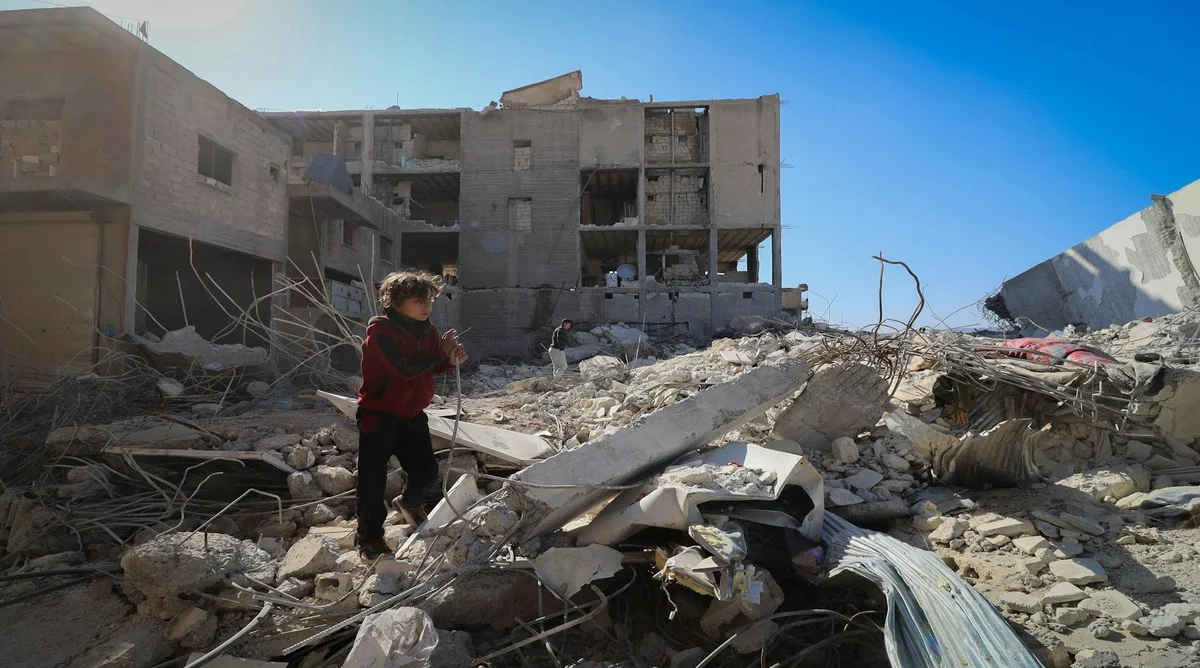
The United Nations Relief and Works Agency for Palestine Refugees in the Middle East (UNRWA) has raised significant concerns regarding the worsening humanitarian situation in the Gaza crisis, indicating that its operations are nearing a critical ‘tipping point’.
The warning comes at a time of mounting challenges for the agency, mostly due to the ongoing Gaza crisis that has deeply affected the local population and badly crippled the agency’s ability to provide such services.
In an earlier press conference in Berlin, Philippe Lazzarini, the UNRWA chief, voiced his fears. He stated, “I will not hide the fact that we might reach a point that we won’t be able to operate anymore.” This stark admission comes as no surprise but the gravity of this situation on the ground.
Lazzarini emphasised the precarious nature of the agency’s work in Gaza, stating, “We are very near to a possible breaking point. When will it be? I don’t know. But we are very close to that,” he said.
Humanitarian Efforts Under Conflict
With the Gaza crisis escalating, UNRWA is working hard to keep essential medical services going. A recent enormous vaccination campaign has delivered the second dose to over 150.000 children in Gaza.
Tedros Adhanom Ghebreyesus, the chief of the World Health Organisation, said the vaccination initiative was one part of a broader strategy to reach more than 590,000 children under the age of 10. “The total number of children who received a second dose of polio vaccine in central Gaza after two days of vaccination is 156,943,” he noted.
The polio vaccination campaign is all the more pressing, added the UN, following the reemergence of polio in Gaza, a territory where transmission of the disease has not occurred since 1988.
The reappearance of polio comes as the Gaza crisis reminds us how critical it is to vaccinate people in the face of the destruction of hospitals and severely weakened public health infrastructure.
Ongoing Health Concerns
Polio is a highly infectious virus most often spread via contaminated water or sewage. An outbreak in a densely populated area such as Gaza has dire implications, as disease can paralyse or kill, and particularly kills children under five.
‘The vaccination campaign is vital,’ said WHO spokesman Tarik Jasarevic, underscoring that nearly 93,000 doses were given out on the first day without major problems.
Based on the estimated targets, the agency states that more than 179,000 children under ten reside in the central area of Gaza, making it clear the need for continued public health efforts in the central area remains crucial.
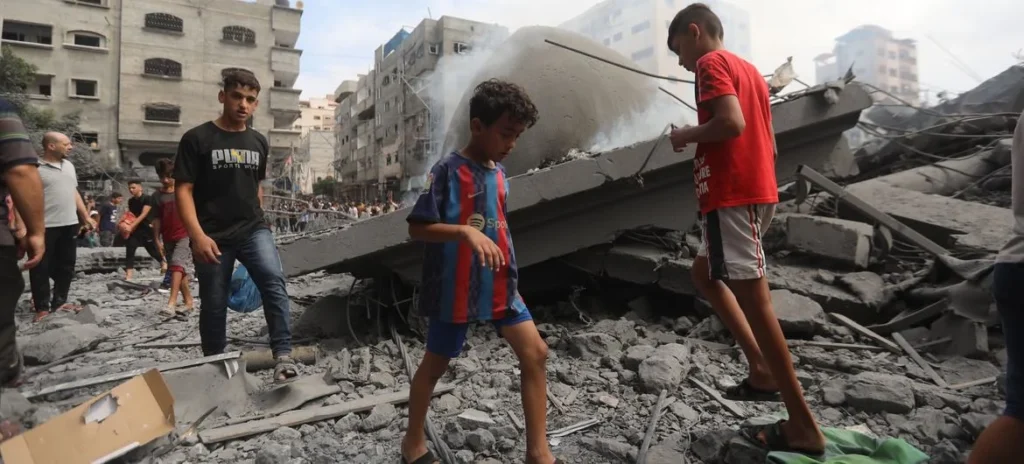
Image Source: UN News
The UNRWA and WHO work to battle the health crisis but the importance of humanitarian pauses in fighting becomes evident. These pauses are necessary to allow safe operations of medical personnel and access to life saving vaccinations for children. Tedros at WHO reiterated the call for this respite to be respected while it called for a ceasefire and peace in the region.
International Response and Advocacy Against Gaza Crisis
The unfolding Gaza crisis has also become an issue for the international community. The UK and France convened an urgent meeting at the United Nations Security Council over the humanitarian situation.
British Prime Minister Keir Starmer said he was worried about the ongoing crisis, and that the UK was working on imposing sanctions on Israeli ministers who have spoken out about it.
The pressure on the Israeli government to allow more humanitarian aid into the region has grown as new customs rules imposed by Israeli authorities have sharply decreased food supplies to Gaza.
Starmer emphasised the necessity for enhanced aid, stating, “There is an urgent need, and has been now for a very long time, for more aid to get into Gaza.” This was echoed by British Foreign Secretary David Lammy, who said Israel must ensure civilian protection and open routes for life saving aid.
The humanitarian crisis was deepened by Israel’s military campaign following the attack by Hamas, Oct. 7, that caused massive casualties on the Israeli civilians side.
Over 42,000 deaths, the majority according to reports civilians, have resulted from the military actions in Gaza. The UNRWA has made no secret of its call for accountability and the protection of civilians in the conflict.
Role Of UNRWA And Humanitarian Agencies
While the UNRWA works through this loaded terrain, the organisation is committed to ensuring that Palestinian refugees receive the aid they need. The present crisis in Gaza underlines the importance of the agency’s ongoing effort to deliver education, healthcare and humanitarian support in a region where delivering such services becomes ever harder.
The threat to the agency’s mission as well as to the well being of the communities it serves is not a theoretical possibility, but indeed a current reality.
In that sense, it is imperative that international partners and humanitarian organisations take part in this context. Solving the multifaceted challenges of the region requires efforts both collaborative and across both immediacy (humanitarian aid, health services) and the long term (conflict).
With the UNRWA already closed, and operating at 30 percent capacity in Gaza, the agency’s call for increased support from the global community is greater now than ever before, as the agency works to prevent a humanitarian disaster and to restore hope to the people of Gaza.
Conclusion
The UNRWA has warned that it is close to a possible breaking point with the situation in Gaza still at a critical juncture. As the Gaza crisis plagues the region, the international community urgently needs to respond with aid and support needed to help them.
Above all, action must be swift and decisive to protect the health and safety of millions, and meeting the urgent humanitarian needs of the people in Gaza will require maximum effort involving agencies and governments, as well as civil society.
Though the road to recovery and stability remains risk-riddled, commitments to peace and security still carry a fundamental priority to stabilise the overall crisis.
Frequently Asked Questions
What is the current situation regarding UNRWA’s operations in Gaza?
UNRWA has warned that its operations are nearing a critical ‘tipping point’ due to the worsening humanitarian conditions in Gaza.
What recent health initiative has UNRWA been involved in?
UNRWA has conducted a significant vaccination campaign, delivering the second dose of polio vaccine to over 150,000 children in Gaza as part of efforts to combat the recent polio outbreak.
What challenges are affecting the humanitarian situation in Gaza?
The crisis in Gaza has severely affected the local population, crippling UNRWA’s ability to provide essential services amid ongoing conflict and deteriorating health infrastructure.
How has the international community responded to the Gaza crisis?
The UK and France have called for an urgent meeting at the United Nations Security Council to discuss the humanitarian situation, emphasizing the need for more aid to reach Gaza.
What are UNRWA’s calls to action regarding the Gaza crisis?
UNRWA has urged international partners and humanitarian organizations to provide increased support to address the multifaceted challenges in Gaza and to protect the health and safety of the local population.
LATEST NEWS
DISCOVER MORE

